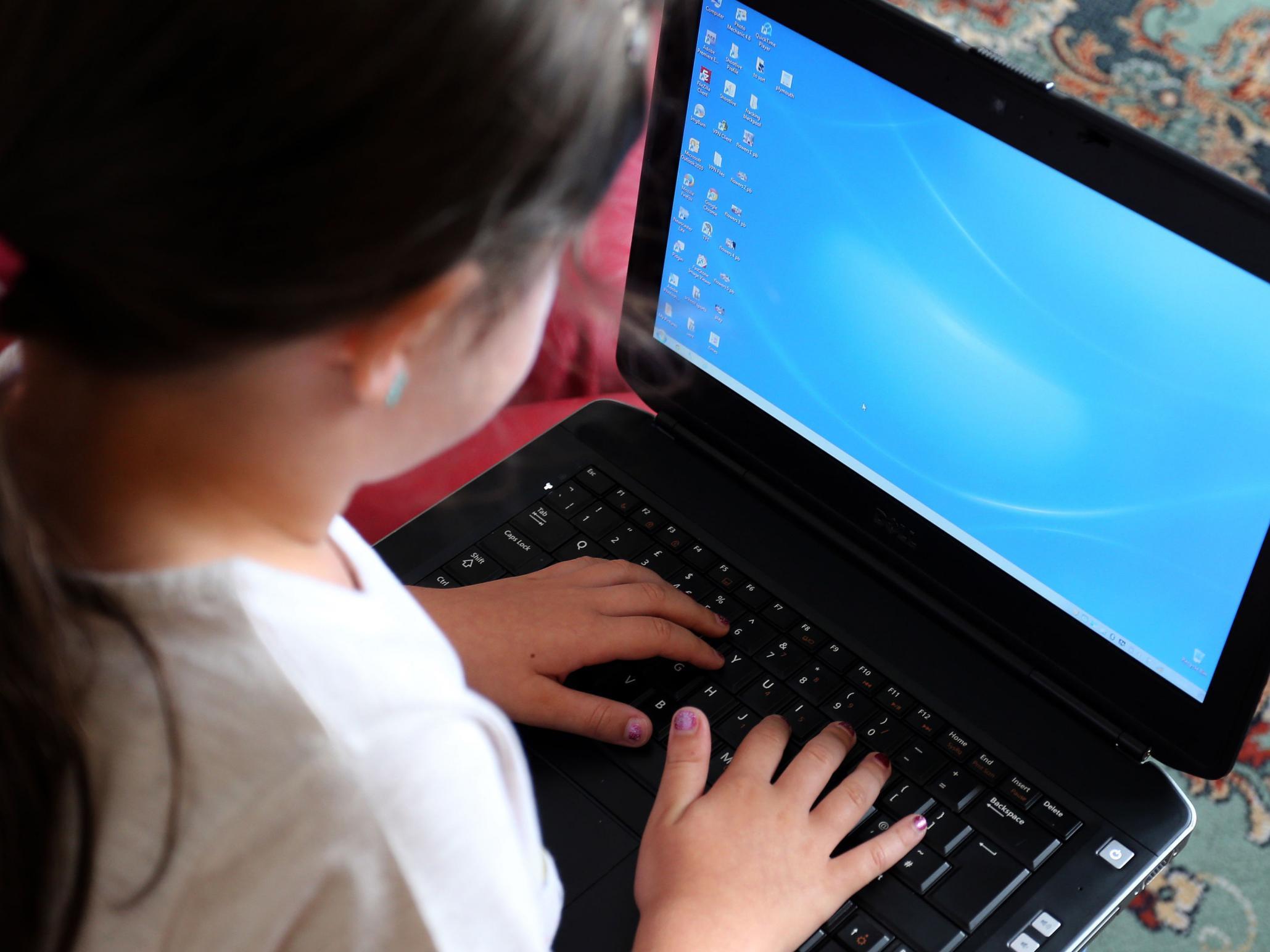Vouchers for free internet to be given to poorest families amid fears disadvantaged children falling behind
Some 10,000 households could benefit, BT says

Thousands of families without broadband internet are to be given vouchers for six months’ free wifi access in scheme run jointly by the Department for Education and BT.
Nick Gibb, the schools standards minister, said the move was designed to ensure the education of the poorest children in England did not suffer because of coronavirus. Some 10,000 families could benefit from the vouchers, according to BT.
Tuesday’s announcement followed a report that millions of pupils have done very little schoolwork during lockdown. The UCL Institute of Education found one in five children had spent less than an hour a day on study since March.
Though many of BT’s roughly 5.4 million hotspots are in petrol stations, high street shops and banks, a spokesperson told The Independent: “The vast majority, approximately 5.1 million, are in homes and provide coverage for surrounding residential areas.”
Voucher recipients will use routers belonging to other people and businesses to access the internet. A portion of BT routers’ bandwidth is set aside for secure public access.
The telecoms company said the vouchers would “allow access with comprehensive content filtering and will point to online resources from BT’s own Skills for Tomorrow and Barefoot learning programmes, as well as BBC Bitesize and others”.
Mr Gibb added: “The government will do everything possible to make sure no child, whatever their background, falls behind as a result of coronavirus.
“We have committed over £100m to support pupils with remote education, including to provide laptops, tablets and 4G wireless routers to disadvantaged children and young people, and this initiative will build on that work.”
But one academy trust boss warned some families still lacked internet-capable equipment, adding his staff had needed to lend computers to pupils.
Wayne Norrie, chief executive of Greenwood Academies Trust, which has three dozen schools across England, told The Independent: “Remote learning and digital resources have been vital in supporting children’s learning during school closures. However, serving a high proportion of disadvantaged families, approximately 60 per cent across the trust, we recognise the extent of some parents’ struggles to support their children during this difficult time, including providing reliable internet access.
“The majority of our families would likely be connected to broadband at some level. However, the degree of connectivity will be challenging in more rural or coastal communities.
“Understanding the needs of our pupils and parents has been an important part of our response which is why, as a trust, we have been working hard to ease the pressure on families by loaning laptops to pupils and providing downloadable activities that can be completed offline to reduce the financial burden of broadband or 4G connections.”
Researchers at the Institute of Fiscal Studies estimated last month that children from poorer families would have lost a week and a half of education by 1 June compared to their wealthier classmates.
Join our commenting forum
Join thought-provoking conversations, follow other Independent readers and see their replies
Comments
Bookmark popover
Removed from bookmarks